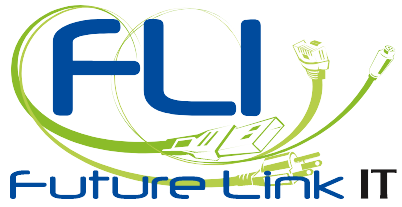 Big businesses, small companies, solopreneurs and home computer users all have one thing in common: the need to back up their computer data. According to studies, 80-90 percent of the data we create is never accessed again, but for that 10-20 percent chance we do need it having the right backup system is essential. So the question isn’t “should I?” but rather “what format should I use?” Tapes and disks are backup storage systems that are both common and reliable but knowing which is best and what to be aware of is important when making your choice.
Big businesses, small companies, solopreneurs and home computer users all have one thing in common: the need to back up their computer data. According to studies, 80-90 percent of the data we create is never accessed again, but for that 10-20 percent chance we do need it having the right backup system is essential. So the question isn’t “should I?” but rather “what format should I use?” Tapes and disks are backup storage systems that are both common and reliable but knowing which is best and what to be aware of is important when making your choice.
Tale of the tape:
- Old-school reliable technology – Tapes can be considered immune to some of the pitfalls that disks are subject to (e.g., viruses) because they are removed from the server once the backup is complete.
- Easily transportable – Tape is still the only medium on which you can reliably store data and move it offsite for disaster recovery purposes.
- Energy Efficient – Even with offsite tape storage, this format is still one of the least expensive options available. Factor in that once applied to tape the data is stored quietly however other systems like disk or cloud still require electricity to maintain.
- Up against the ropes – Data recall can be slow even with the newer linear tape file system technology. Maintaining tapes requires a clean environment and are subject to periodic testing to ensure they have not been subject to harm. Finally, offsite locations still mean time to retrieve tapes before a restore can even begin.
Data on the disk:
- Can choose USB or NAS (network attached storage) – A good choice is the USB drives which tends to be small and portable and not easily affected by impact like a disk but can host a large amount of data. NAS Drives are tied to your entire network, rather than to any one computer, and continue to be available even when your computers are turned off.
- High Security – Keeping your data onsite unlike tapes transported to an offsite storage facility means a watchful eye over your company’s critical data.
- Fast backup & restore capability – Having access immediately to disks is a great option when restores are needed and disks have the ability to recall specific data almost instantly saving you time and headache.
- Up against the ropes – Disks are constantly on, running the risk of getting hot so an additional cooling system will increase your costs. Storage real estate is also required as disks generally stay onsite and need to be safe from disaster such as fire and flood. To save space, USB drives can be stored offsite and swapped like tapes but if not monitored backup failures can occur.
The ultimate knockout goes not to the tape or the disk but to the IT manager who chooses the right backup system, who sets a plan in motion to keep your information secure, and who test the backups regularly to ensure you have what you need when you need it.
Do you have questions about data backup and recovery? Contact Future Link IT to be connected to a knowledgeable IT expert what can help you make the right decisions for your business.
